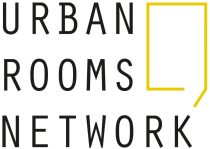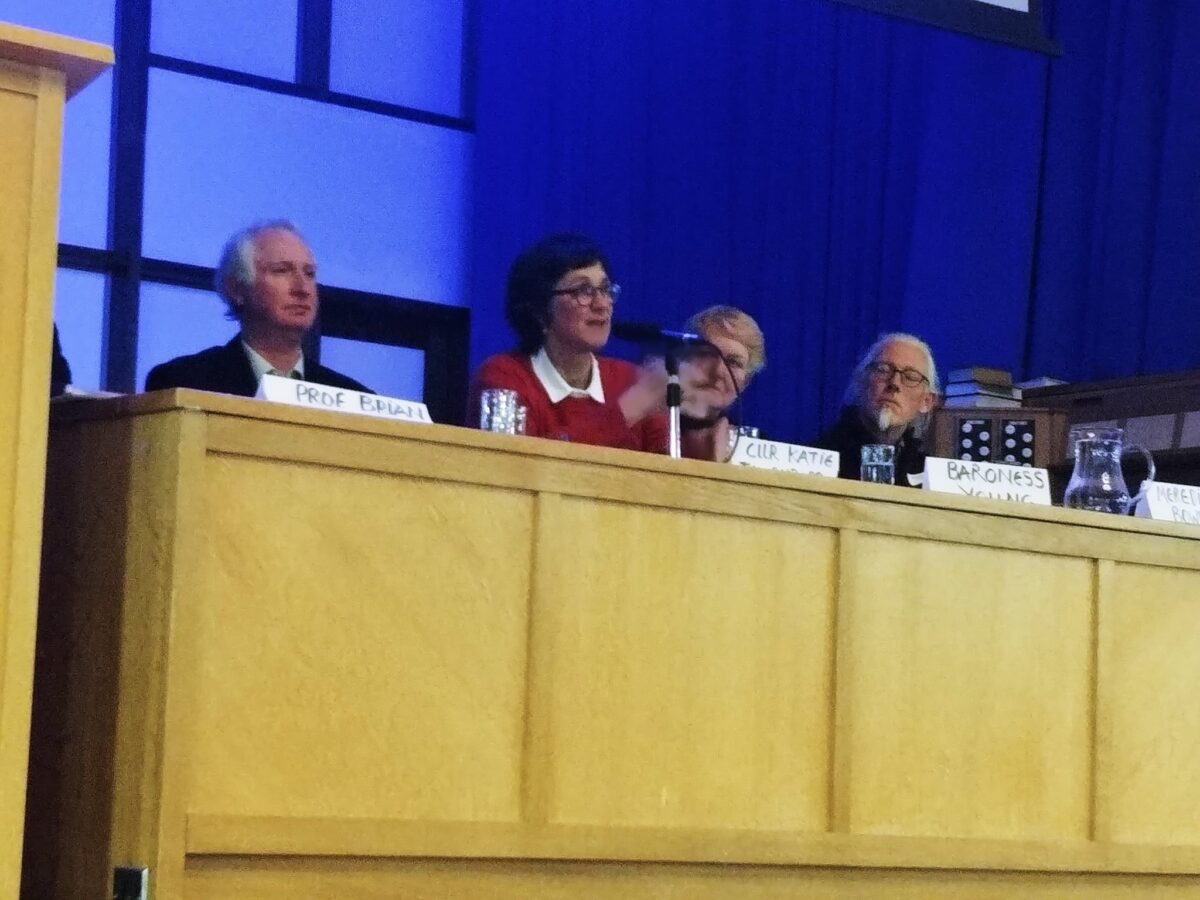Yesterday evening, FeCRA (Federation of Cambridge Residents’ Associations) held their annual general meeting, which was followed by a talk from Professor Robin Hambleton about the inclusive approach for design of cities and a panel discussion on ‘How can Cambridge grow in a way that will make it Inclusive?’
I was invited to join the panel and delighted to be involved with this important event along with Daniel Zeichner MP, Chair of Woodland Trust Baroness Barbara Young , the Chief Executive of the Bedfordshire, Cambridgeshire and Northamptonshire Wildlife Trust Prof Brian Eversham, and Meredith Bowles of Mole Architects.
FeCRA represent 97 local residents’ associations and community groups across Cambridge, and at the event the chair of the meeting, Wendy Blyth, ran through some of their achievements, from questioning the County Council about procedure when ancient hedgerow was removed for a new cycleway, coordinating feedback on a space survey of Cambridge city centre, and organising a celebration of 53 new trees planted along Hills Road among many others.
During the last ten years of rapid development in Cambridge these groups have been and remain an important influencing force as they scrutinise, modify and inspire the outcome of new construction.
And now, as we start to consider a combined Local Plan for Cambridge City Council and South Cambridgeshire District Council along with a shared planning service, the influence of residents and local groups, along with consideration of local ecology and biodiversity, is even more important, and local politicians and other authorities have a duty to enable these voices to be heard and acted upon.
One way to do this is to provide a space for people to come together and discuss the issues that will shape the built environment and their lives, and that’s why I’m so interested in the idea of an ‘Urban Room’ for Cambridge.

The Urban Rooms network describes one as “a physical space where people can go to understand, debate and get involved in the past, present and future of where they live, work and play. The purpose of these Urban Rooms is to foster meaningful connections between people and place, using creative methods of engagement to encourage active participation in the future of our buildings, streets and neighbourhoods.”
and I think we need one in Cambridge!
I learned about urban rooms during a recent visit to Nottingham with representative of the Cambridge Association of Architects (CAA), the eastern region of the Royal Institute of British Architects (RIBA), and the Cambridge Forum for the Construction Industry (CFCI). We visited their version and learnt about this inspirational achievement from individuals from their local architects, Heritage England, RIBA and local authority.
At the FeCRA AGM, I suggested that Cambridge would benefit for its own urban room and asked for support to achieve this within the next 12 months.
Here is Anthony Carpen’s (@puffles2010) video of my remarks
Find out more about FeCRA on their website.
